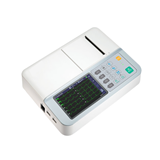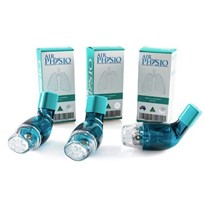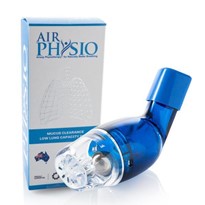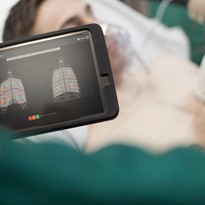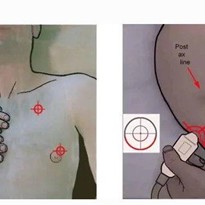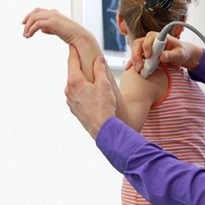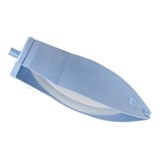In a first step in identifying specific biomarkers for lung cancer, a recent study has shown three beagles were capable of identifying the disease by scent.
The three beagles, chosen for their superior olfactory receptor genes, were able to distinguish between blood serum samples taken from patients with malignant lung cancer and healthy controls with 97% accuracy (following 8 weeks of training).
We’re using the dogs to sort through the layers of scent until we identify the tell-tale biomarkers. There is still a great deal of work ahead, but we’re making good progress.”
Thomas Quinn, DO, Professor, Study Lead Author, Lake Erie College of Osteopathic Medicine
In a second study by Dr Quinn, dogs are working to identify lung, breast and colorectal cancer using samples of patients’ breath, collected by the patient breathing into a face mask. Researchers say findings suggest the dogs are as effective detecting cancer using this method.
“Right now it appears dogs have a better natural ability to screen for cancer than our most advanced technology,” says Dr. Quinn. “Once we figure out what they know and how, we may be able to catch up.”
Because screening and imaging for lung cancer is costly and not always reliable, Dr. Quinn believes his research can lead to better screening and diagnosis solutions, potentially creating a change in cancer detection.



